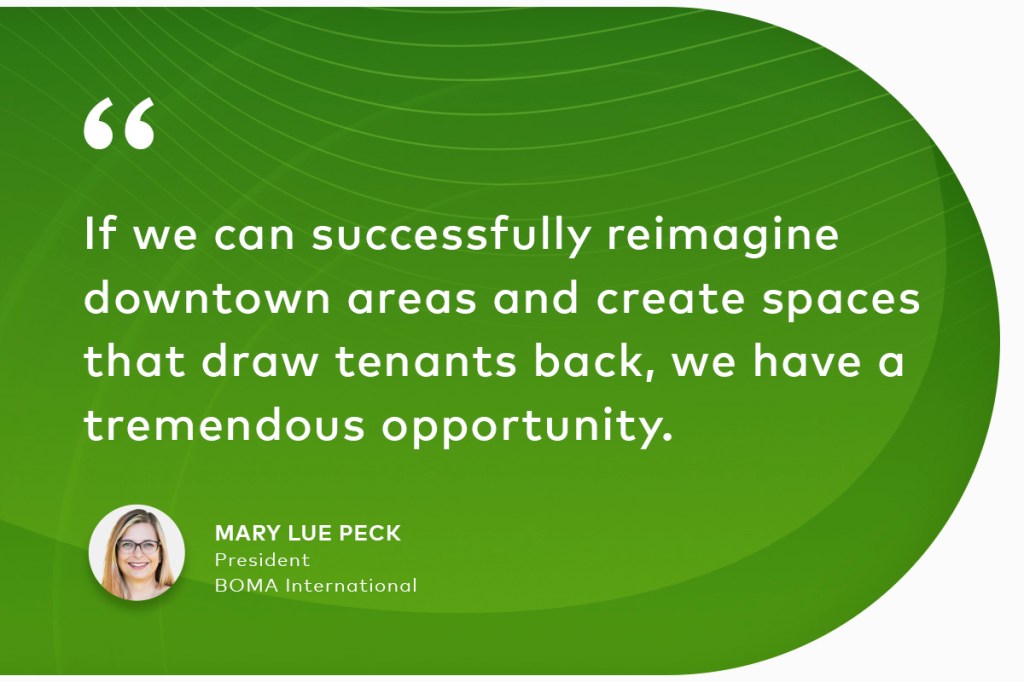
Traditionally, property management is not a job that requires a college degree. While you may not need college to be a property manager, most states require you to obtain a real estate license or property management license. Even so, a college education can further increase your hirability and leadership potential. Let’s explore how property managers can use professional degrees and certifications to land the job of their dreams and earn more money.
College degrees in property management
There are a few colleges that offer property management courses online. These college certifications take about four months to complete, but many let you work on your own schedule.
- Ashworth College lets you work at your own pace, taking up to a year to complete your certification
- Penn Foster Career School is an affordable online school that offers property management certification
- California Association of Realtors offers many online educational courses and certifications
You’re bound to find other certifiers — these are just a few names to help get you started in your search.
What about college degrees not in property management?
Even if your college experience is not in property management, a two-year, four-year or higher-level degree helps. According to the Bureau of Labor Statistics, many hiring companies and investors look for applicants with college degrees. They often look for degrees in business administration, finance, public administration and/or other related fields.
Not sure where to start? Try IREM
The Institute of Real Estate Management (IREM) is the nation’s first professional organization for property management. They’ve had one mission since 1933:
… [to] educate real estate managers, certify their competence and professionalism and define ethical practices.
The association offers several credentials (e.g., CPM®, ARM®, ACoM and AMO®) to help property managers. These licenses do two key things:
- Help you get your foot in the door (or take the
next step in your career) - Improve your practice to help you become more
efficient and make more money
IREM holds national conferences and provides important resources for each level of membership.
NARPM also offers property management education
The National Association of Residential Property Managers (NARPM) is another large property management organization. It focuses on the needs of single family home companies. They offer education courses on many topics, and their classes are two, three or six hours long.
You won’t get continuing education credit for their courses, but you will stay on top of the latest trends and best practices.
Certification confusion: different states, different takes
Only a handful of states let you manage properties without a license or certification. All other states require a real estate broker license or property management license. Of course, getting licensed is just the start. Before future owners, investors and property management companies give you the keys to the properties, they’ll want to know your experience.
That means someone with a high school diploma and years of experience could be chosen over a licensed broker with college education and no property management experience. Certification is just a jumping off point for your career, not a guarantor of success. Even if it’s not required in your state, a broker’s license or association certificate (from IREM, NARPM, BOMA, etc.) will make you more competitive in your field.
Real estate license vs. property management license
Most states require property managers to have a real estate license to manage properties. There are only six states that require no form of licensing and five that will accept a property management license alone. It gets more complicated once we get into the issue of reciprocity. This refers to states that will accept other states’ licensing laws.
Check out this article for clarification on the certifications you need to manage properties in your state: Do You Need A Real Estate License For Property Management?
What matters more, experience or a degree?
There’s no one way to become certified as a property manager. If you can get a college degree or already have one, you’ll stand out in your field. But that’s not going to guarantee a job. You never really know what a potential investor or employer is looking for until you start applying. Looking for more ways to get certified? Check out these property management associations you should join.



